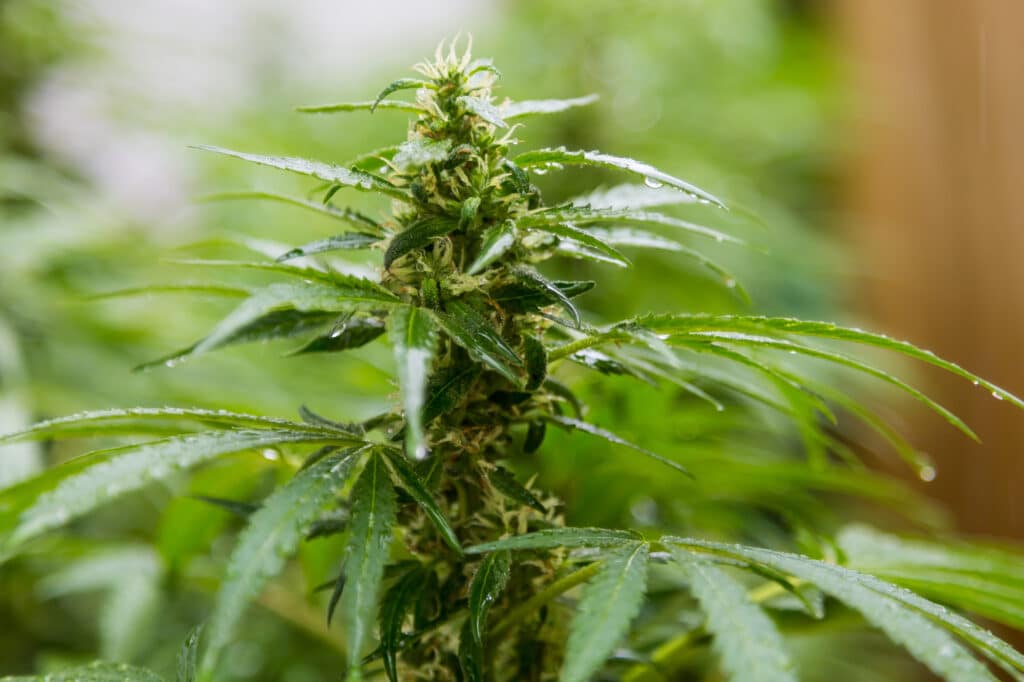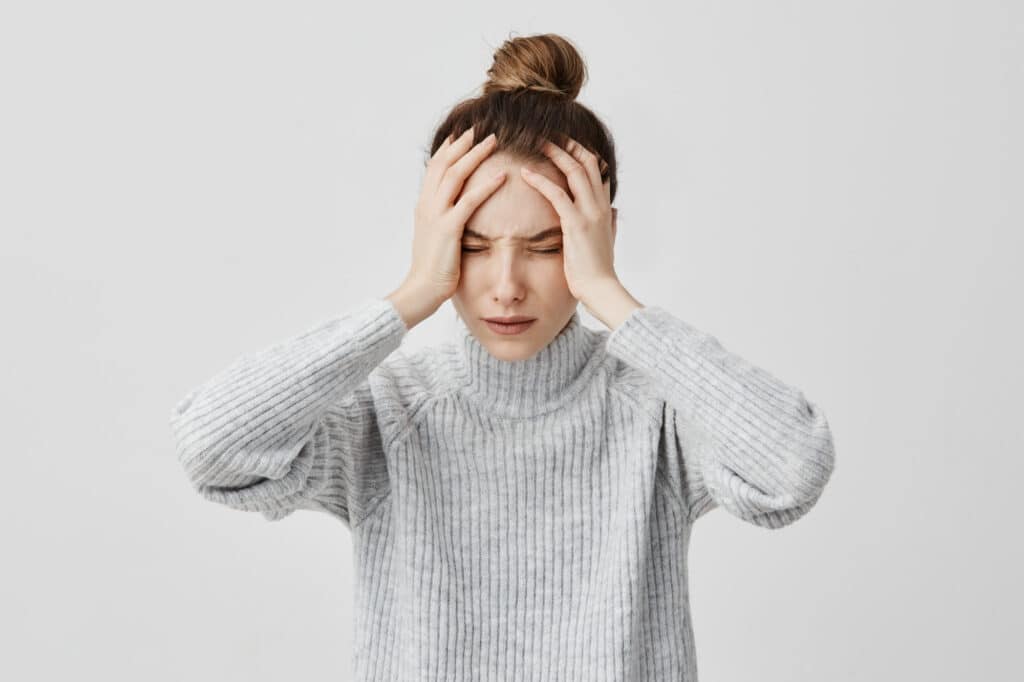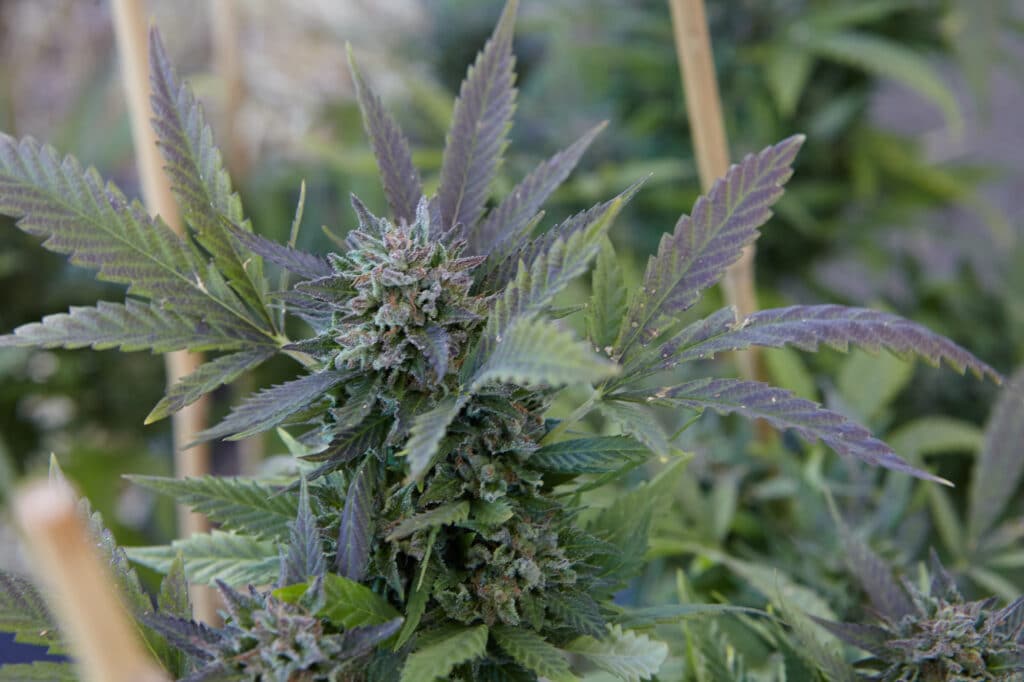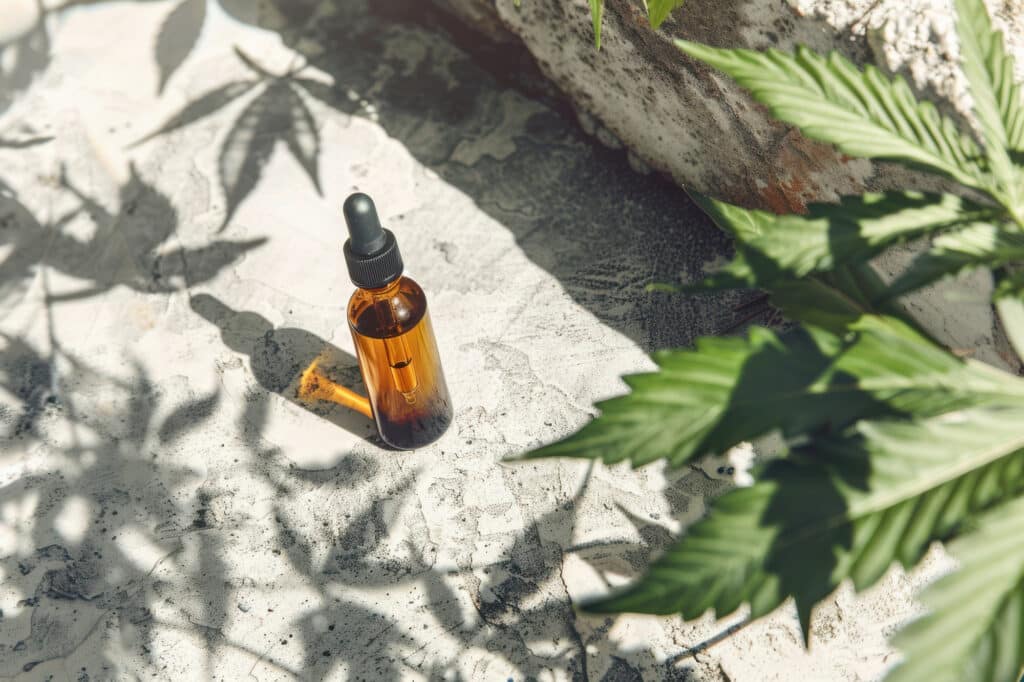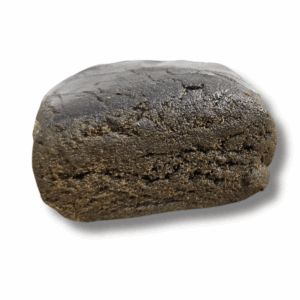CBD for Sleep: Opinions on Its Effectiveness and Practical Advice
CBD is attracting growing interest due to its many potential benefits, particularly in improving the quality of sleep. However, despite this growing popularity, questions persist about how effective it really is and how best to use it. Here’s a guide that explores the connection between CBD and sleep in depth!
What is CBD?
CBD, also known as cannabidiol, is one of several natural compounds found in industrial hemp, a variety of cannabis. Unlike THC (tetrahydrocannabinol), this molecule has no psychoactive or narcotic effects. CBD is a non-psychotropic compound that does not alter the state of consciousness or the perception of reality.
Cannabidiol interacts with the body's endocannabinoid system, a vast network of receptors and signaling molecules involved in various essential physiological processes. This system plays a crucial role in regulating many functions, including sleep, mood, pain, inflammation, and appetite. CBD works by indirectly binding to endocannabinoid receptors CB1 and CB2, as well as other receptors and ion channels. This interaction allows the molecule to influence various signaling pathways, which can help restore the body's internal balance (homeostasis).
It is important to note that CBD mainly comes from a variety of cannabis low in THC (less than 0.3% THC).
What are Sleep Disorders and their Causes?
Sleep disorders are extremely common in modern society. They can have serious consequences on physical and mental health. Insomnia, characterized by persistent difficulty falling asleep, staying asleep, or getting restful sleep, is one of the most common sleep disorders. According to estimates, around 30% of adults suffer from it to varying degrees.
Beyond insomnia, other sleep disorders can also disrupt the quality of rest, such as sleep apnea, disruptions related to circadian rhythms or involuntary movements during sleep.
These disorders can have various causes, both physiological and environmental. Chronic stress, anxiety and depression are often key factors because they disrupt the production and regulation of sleep hormones, such as melatonin. Chronic pain, medications, unhealthy lifestyle habits and certain underlying health problems (respiratory disorders, neurological diseases) can also contribute to sleep problems.
It is essential to understand that sleep is a complex process, regulated by multiple interconnected physiological systems. Disturbance at any level can negatively impact sleep quality and duration.
The Mechanisms of Action of CBD on Sleep
CBD appears to exert its beneficial effects on sleep through several distinct, but interconnected, mechanisms of action. First, the substance interacts with receptors in the endocannabinoid system, a key system in regulating sleep and wake cycles. CBD binds indirectly to CB1 and CB2 receptors to modulate their activity, thereby restoring balanced levels of endocannabinoids, signaling molecules essential for sleep regulation.
By acting on this system, CBD could promote deeper and more restful sleep. In addition, cannabidiol has proven anxiolytic and antidepressant properties. This can help reduce anxiety and stress, two major contributors to sleep problems, and create an environment conducive to peaceful sleep.
CBD could also act on certain neurotransmitters involved in the regulation of sleep, such as serotonin and dopamine. By modulating their levels, it can improve the quality of sleep and make it easier to fall asleep. Finally, the anti-inflammatory and analgesic properties of CBD could relieve chronic pain that can disrupt sleep. By reducing inflammation and pain, the molecule can create an environment more conducive to peaceful, uninterrupted sleep.
Some Scientific Studies on CBD and Sleep
Although studies on CBD's impact on sleep are still relatively new, much research has already been conducted to evaluate its potential effectiveness. A 2017 study of patients with insomnia found that the molecule could increase total sleep time and reduce insomnia-related disorders. Researchers observed a significant improvement in sleep quality scores after one month of CBD treatment.
Another study published in 2019 in The Permanente Journal examined the effects of CBD on sleep and anxiety in 72 adults. Participants were assigned to receive either cannabidiol or a placebo for one month. Results indicated that CBD use was associated with a notable improvement in sleep quality, with a reduction in insomnia symptoms and an increase in total sleep time.
However, it is important to note that these studies have generally been conducted on small samples. Additional larger-scale research is needed to confirm these promising results and better understand the underlying mechanisms.
How to Consume CBD to Sleep Well?
There are different ways to consume CBD to promote quality sleep. CBD oils, capsules, gummies, and sprays are some of the most popular and convenient forms. Each of these options has advantages and disadvantages.
CBD Oils
CBD oils are probably the most common and versatile form. They can be consumed directly under the tongue (sublingual route) or mixed with food or drinks. CBD oil allows precise dosing and acts quickly thanks to its easy absorption into the bloodstream.
CBD Capsules
CBD capsules are a convenient option for those who prefer a more traditional, standardized method. They offer a slower, gradual release of CBD into the body, which may suit some users.
Erasers and Sprays
Gummies a quick effect and optimal absorption. Gummies deliver CBD into the oral cavity, while vaporizers promote direct pulmonary absorption.
Regardless of the form chosen, it is recommended to consume CBD approximately one hour before bedtime for optimal action on sleep. Dosages may vary depending on each individual, the severity of sleep disorders and the CBD concentration of the product. It is generally advisable to start with low doses (5 to 20 mg) and gradually adjust depending on the effects felt.
Some Precautions and Contraindications to Know
Although CBD is mostly well tolerated and considered safe in standard doses, it is important to take certain precautions. It is also advisable to consider potential contraindications before using it.
Cannabidiol may interact with certain medications, particularly those metabolized by the same hepatic enzyme system (cytochrome P450). By modulating the activity of these enzymes, CBD can alter the blood levels of certain medications and thus cause side effects or reduced effectiveness. It is therefore essential to consult a healthcare professional before combining the molecule with other drug treatments.
Additionally, cannabidiol is usually not recommended for pregnant or breastfeeding women. This is justified by the lack of data on the long-term effects on the development of the fetus or infant. As a precaution, it is best to avoid using CBD during these crucial times.
CBD appears to be a promising option for promoting quality sleep and combating sleep disorders. Although research is still ongoing, preliminary studies suggest that the molecule may act on various sleep-related mechanisms, such as reducing anxiety, inflammation and pain.
However, it is essential to consult a healthcare professional before using CBD, to ensure its safety and to determine the appropriate dosage based on specific needs. Also, it is important to choose quality products from reliable sources.
By taking these precautions and adopting an informed approach, CBD could become a valuable ally for those looking to improve their sleep and overall well-being.




